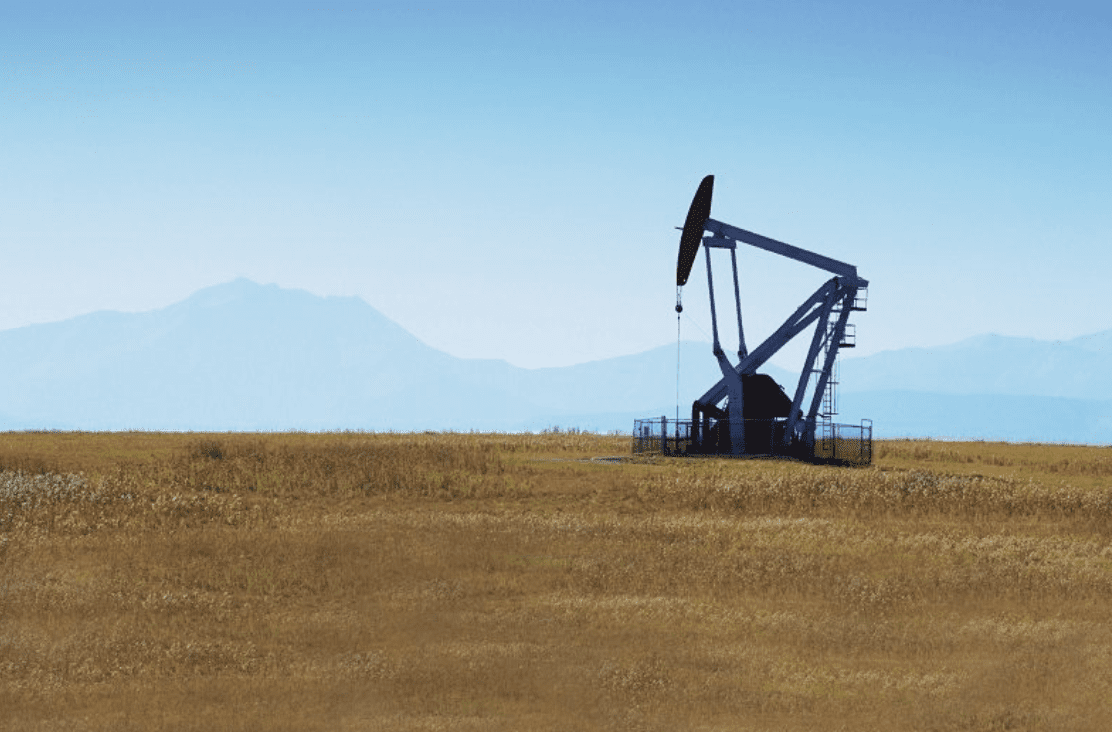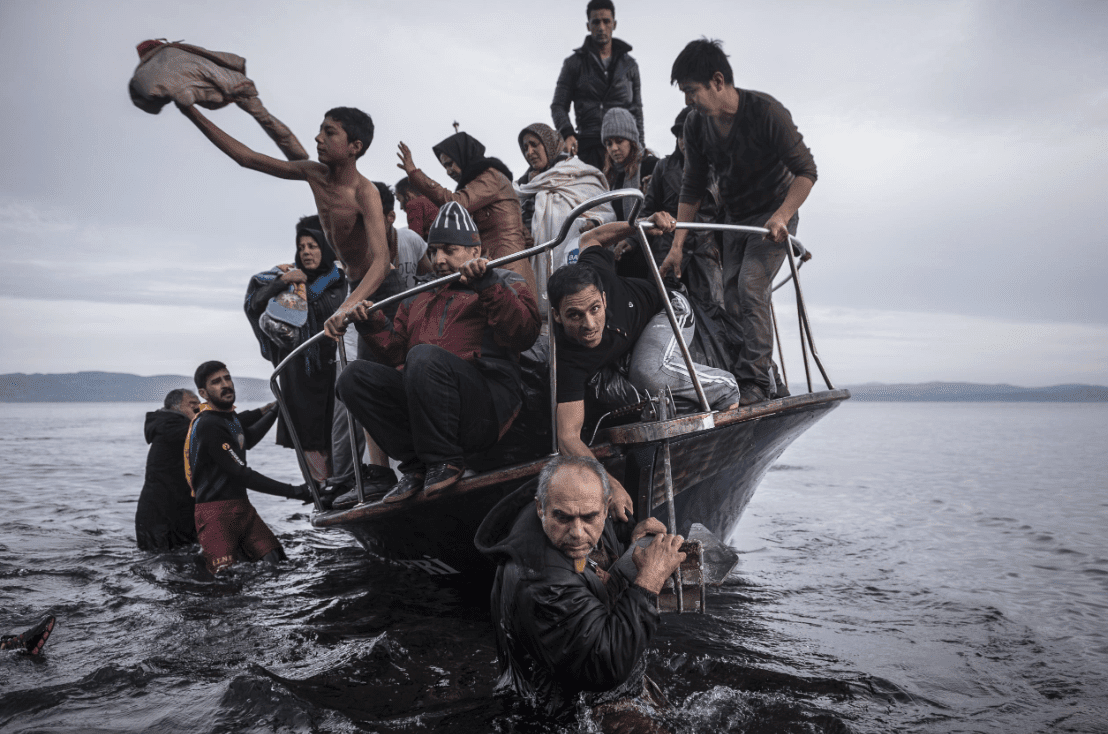In recent weeks, we've been hearing a lot about the palpable anger in Alberta over the state of their economy, and in particular the fact that their oil has been hit by a freak set of circumstances that had a fairly devastating effect on the price of oil. Thousands turned up to protest the visit by the prime minister and finance minister (though in the former case, a number of them were also striking postal workers), and there was another large protest in the smaller community of Drayton Valley, the common chant being "Build that pipeline." But with this anger, a lot of things are getting thrown in, and a lot of issues are being ginned up in order to try and channel that anger for political gain.
First things first I am an Albertan, born and raised. My family still lives there, and most of their livelihoods depend on the oil sector in one way or another. I'm not just some Central Canadian looking down in disdain. But because I now live in Ottawa, I also have a bit of a different perspective on some of the issues. I want to say up front that I'm not being dismissive of the anger that is being felt on the ground, but I also think that we need to put some additional context around it not to mention to try and put some of what is going on in perspective, because some of the political actors out there certainly aren't.
Alberta has historically had a series of legitimate grievances going back to its founding in 1905, where it wasn't in control of its natural resources, and there was a colonial mentality around it. Fair game. But as it gained more control over its resources and its destiny, eventually becoming one of the economic engines of the country, that grievance culture sustained itself, and was fed by other slights along the way, most notably Pierre Trudeau's National Energy Program something born out of the OPEC crisis of the 1970s. The NEP wasn't simply dreamed up to screw Alberta, and yet that's the mythology that has grown up around it that continues to this day, along with the conflation about the effect of the NEP that was combined with a worldwide collapse in oil prices. Albertans have largely had a hard time separating the two, and personally blamed Pierre Trudeau for the recession that followed. This grievance culture is deeply ingrained in the psyche of the province.
Add to that the issue of equalization. For decades, a pervasive lie has been fed to Albertans that they are signing over cheques to other provinces Quebec in particular and that they get nothing in return. This is a gross distortion of how equalization works it's a program that flows from the general revenue in the federal government, and is paid for by income taxes. Why do Albertans pay more? Because they make more money than anyone else in the country by a significant margin. They also don't get any back because they have the fiscal capacity to provide an equal level of services that not every other province can. But part of this has fed into the province's ingrained grievance culture because they see Quebec offering $7/day childcare, and they imagine that's being funded by Alberta's tax dollars even though they don't get it themselves. It's not really true Quebec's taxes are nearly double Alberta's, and their fiscal capacity is constrained by some deeply structural issues including an aging population and low birthrate which is also why their childcare services are seen as part of their economic solution, but these kinds of details don't get translated to most Albertans especially by political leaders looking to score points by getting people angry.
The situation the province finds itself in today is not one that was arrived at overnight it is the result of decades of building toward a market that changed with the shale oil revolution. The price differential is largely a freak supply and demand circumstance, which immediately started to close upon the announcement of production curtailments, timed alongside the restarting of those refineries that will start to again take product that has been stockpiled with nowhere to go. But the problems are complex and nigh-intractable, which is difficult for any political leader to try and explain to people. It's easy to put the blame on Justin Trudeau because Alberta already has an ingrained distrust of people name Trudeau, and because it's easy to treat this as an issue of Central Canada looking to screw Alberta over again.
Never mind that Central Canada and Jean Chrétien in particular did a lot to develop the oil sands. Never mind that Justin Trudeau expended $4.5 billion on a pipeline and a hell of a lot more political capital to do so in the face of his environmental base and promises on climate change. But more importantly, it also ignores that the problems around building pipelines are also complex. While Trudeau did end up pulling the plug on Northern Gateway with the help of the Federal Court of Appeal a prime minister looking to reset the relationship between the Indigenous peoples and the government needed to make a concession to show good faith, and a pipeline that was unlikely to get Indigenous sign-off while other alternatives existed was a calculated gamble. Energy East, meanwhile, was withdrawn more because of economic considerations. Sure, the company claimed it was because of changed regulatory requirements from the NEB, but that doesn't square with Cabinet's criteria for approval, which hadn't changed, whereas their bottom line did. And even Keystone XL is having regulatory issues in Donald Trump's America the problems go beyond just Justin Trudeau.
But while old grievances get stoked with new facts that may not actually apply, we need to beware the hucksters promising easy solutions in the face of that anger. Jason Kenney in particular has been offering Albertans a vial of snake oil, knowing full well that he can't just wave a magic wand to get a pipeline built, or that a non-binding referendum won't actually bring the federal government to the table to renegotiate equalization. But my fear is that his attempt to manage the anger with this hucksterism will simply make things worse, because it's built on a lie, and that in trying to contain the burgeoning talk of Alberta separatism that he will invariable stoke it and make it worse never mind that separation wouldn't solve any problems, and in fact make the situation even worse. Telling angry people what they want to hear, that there is a scapegoat for their problems, doesn't actually mitigate the problem and solve the problems they're angry about it just leaves resentment and betrayal when they find out they've been lied to by the person they put their trust in, and that's what I fear we could be headed toward if we stay on this current path.








